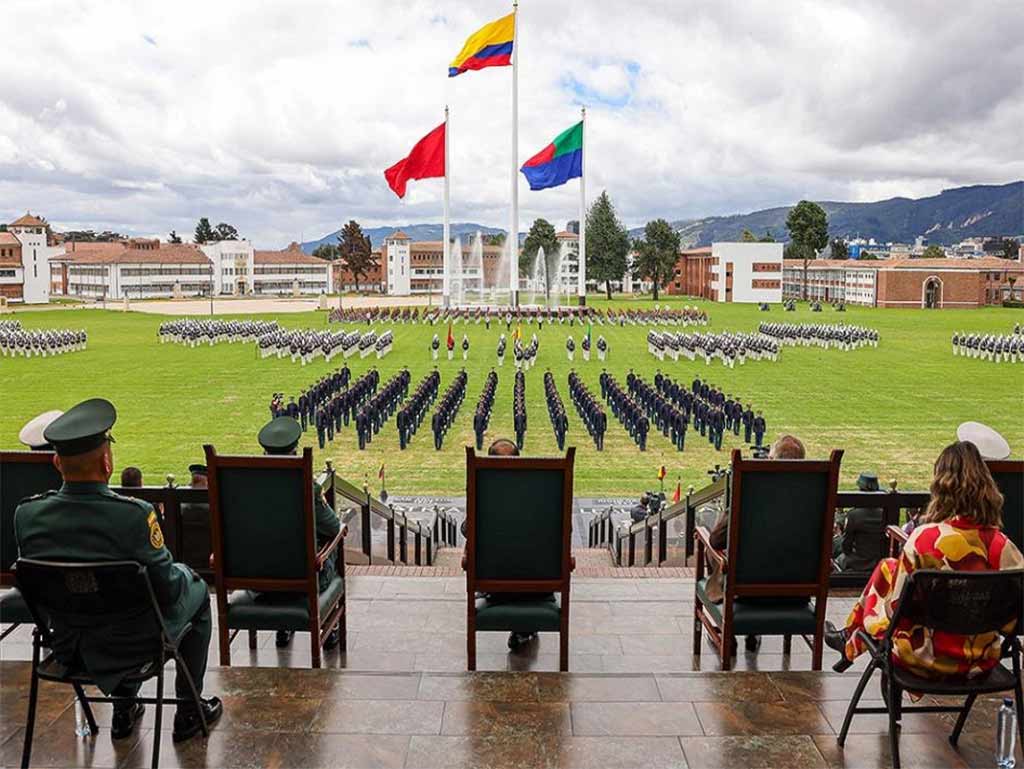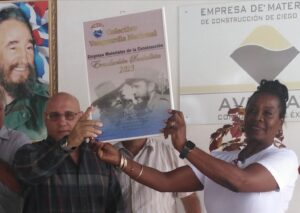President Gustavo Petro today called on the international community to help his country implement the agreement signed between the government and the now defunct Revolutionary Armed Forces of Colombia-People’s Army (FARC-EP).
«We ask the world that is thinking of war to help Colombia’s peace, because I believe that helping Colombia’s peace helps peace in the world. There is also a peace laboratory here. Here we are testing the weapons of peace,» he said.
These statements were made by the head of state during the transfer of command to the Commander General of the Armed Forces, Admiral Francisco Cubides, and just a few hours before a report is to be presented to the UN Security Council on the implementation of the process.
The Peace Agreement cannot be fulfilled only by relying on national forces, with national power, but issues such as the Amazon jungle or cocaine have international ties, said the president.
To date, he said, the balance of the process is bittersweet, and on this point he alluded to the fact that some issues have been achieved, but others have not, and that among them is an aspect related to the world outside Colombia.
It is not a question of letting go of our own responsibility, but of accepting that today’s violence does not have an intrinsic cause exclusively, but that it depends on what also happens in the world, he said.
According to him, while Colombia speaks of peace, the world speaks of war.
«When we go to speak to the United Nations Security Council, we find ourselves with countries that are at war with each other, that do not see each other as allies, that are playing the global game of war», he said.
Coinciding with Petro’s speech, a report by UN Secretary-General António Guterres was released in the capital, which reveals that the Colombian peace process is showing significant results and lays the foundations for further progress.
In the most recent quarterly analysis, which covers the period 27 March to 26 June 2024, Guterres acknowledged notable progress in the coordination and coherence efforts between the different entities with responsibility for the Final Peace Agreement, according to the document.
For the first time since the signing of the Agreement, he noted, the parties had begun the process of revising the Framework Implementation Plan to accelerate results.
He also highlighted the shock plan developed by the National Planning Department and the Unit for the Implementation of the Agreement, as well as the issuance of the decree that seeks to promote the Peace Cabinet.
All these are encouraging developments for the acceleration of the implementation of the Agreement, said the report, which will be presented to the UN Security Council on 11 July.




